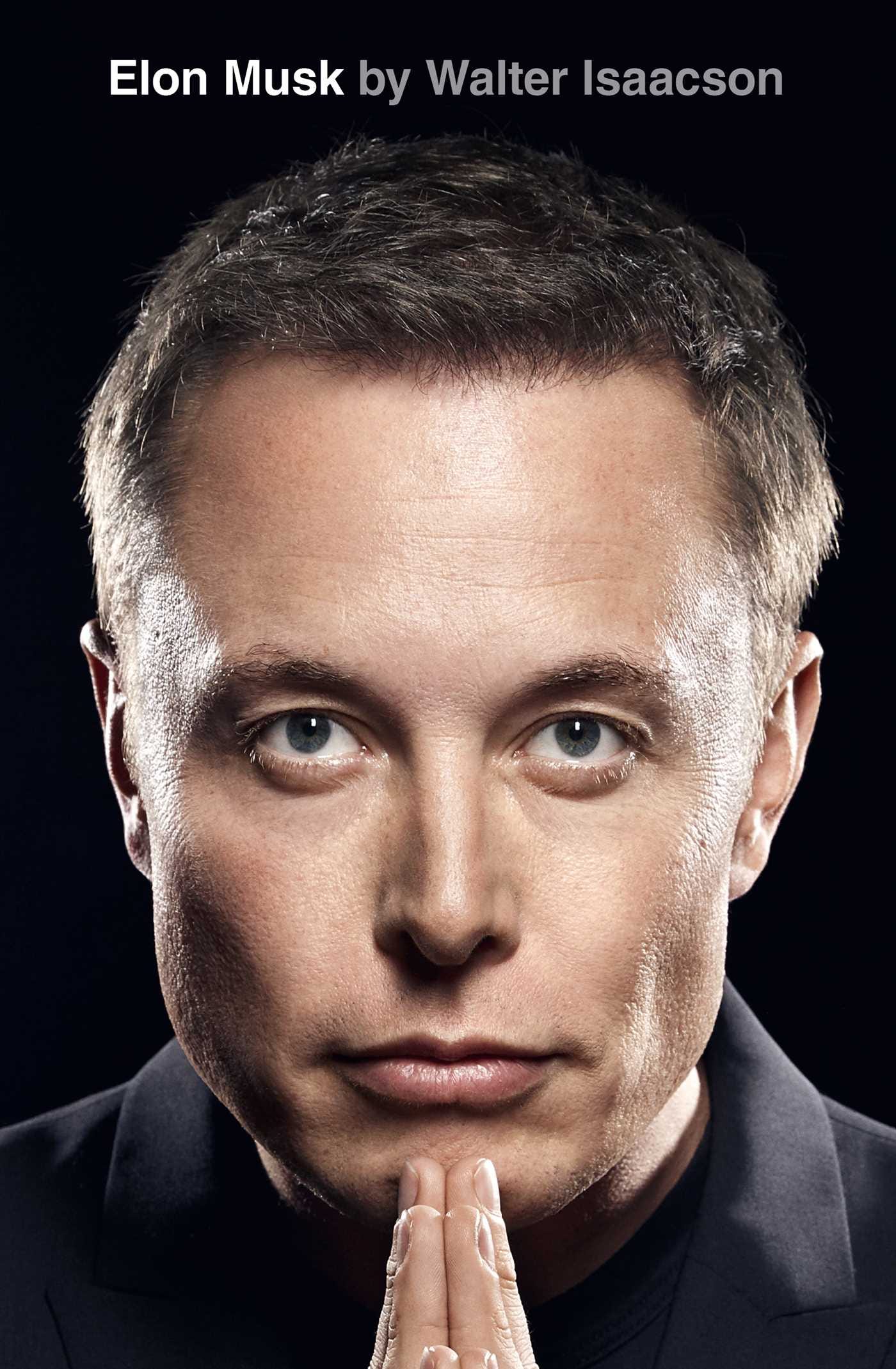The 5-step 'Elon Musk algorithm' for success
And why visionaries are always jerks
While reading Elon Musk by Walter Isaacson, I kept thinking about the connection between being a visionary/innovator and being a jerk.
Steve Jobs was very unpleasant by many accounts. Bezos is even considered by some to be evil. Bill Gates was also not a very nice guy to work with (at least by what I found online).
I’ve been admiring Musk for the last decade (Since reading ‘Elon Musk: Tesla, SpaceX, and the Quest for a Fantastic Future’ a few years ago). He is the biggest visionary of the 21st century, can’t argue with that. He is also one of the biggest jerks.
What makes this jerk-visionary-founder typecast so successful?
Risk-taking - they take risks others wouldn’t even think about.
Confidence - their self-confidence is off the charts.
Determination - and they just don’t give up.
Focus - the mission comes first.
Is it part of the deal? In nature’s lottery, do you get either the ‘visionary gene’ or ‘empathy gene’?
Nice guys can be leaders and great CEOs (like Tim Cook and Satya Nadella), but can they create real revolutions?
Sadly, I don’t think so. A nice guy couldn’t have done what Musk did.
While reading the stories of the last 20 years of his life, I knew for sure I could never behave like that. I couldn’t hurt people that way, and I couldn’t stomach so much risk.
I’ll give you a short example of how Musk thinks. Attaching a short excerpt from the book, that summarizes the methodology that enabled Musk to break so many ceilings.
quoted from the book:
The Elon Musk Algorithm
At any given production meeting, whether at Tesla or SpaceX, there is a nontrivial chance that Musk will intone, like a mantra, what he calls “the algorithm.” His executives sometimes move their lips and mouth the words. “I became a broken record on the algorithm,” Musk says. “But I think it’s helpful to say it to an annoying degree.”
It has five commandments:
Question every requirement. Each should come with the name of the person who made it. You should never accept that a requirement came from a department, such as from “the legal department” or “the safety department.”
You need to know the name of the real person who made that requirement. Then you should question it, no matter how smart that person is. Requirements from smart people are the most dangerous because people are less likely to question them. Always do so, even if the requirement came from me. Then make the requirements less dumb.
Delete any part or process you can. You may have to add them back later. In fact, if you do not end up adding back at least 10% of them, then you didn’t delete enough.
Simplify and optimize. This should come after step two. A common mistake is to simplify and optimize a part or a process that should not exist.
Accelerate cycle time. Every process can be speeded up. But only do this after you have followed the first three steps. In the Tesla factory, I mistakenly spent a lot of time accelerating processes that I later realized should have been deleted.
Automate. That comes last. The big mistake in Nevada and at Fremont was that I began by trying to automate every step. We should have waited until all the requirements had been questioned, parts and processes deleted, and the bugs were shaken out.
This algorithm can be summed up by one very Musk-like sentence:
The only rules are the ones dictated by the laws of physics - everything else is a recommendation.
Let that sink in. Crazy guy.
Final words
wrote an interesting piece, that was eye-opening for me. I don’t agree with it 100%, but the point is that Musk is an unstable human being with tremendous power, that he is not always using for good. Worth a read: I’ll let Isaacson wrap up for me:
…would a restrained Musk accomplish as much as a Musk unbound? Is being unfiltered and untethered integral to who he is? Could you get the rockets to orbit or the transition to electric vehicles without accepting all aspects of him, hinged and unhinged? Sometimes great innovators are risk-seeking man-children who resist potty training. They can be reckless, cringeworthy, sometimes even toxic. They can also be crazy. Crazy enough to think they can change the world.





I also believe that a person who wants to change the world has to be ruthless about it.
If you have a great, unconventional idea, you will not get it through without being obsessive, careless about other people thoughts and sometimes even their feelings.
Very good article! I enjoyed it a bunch :)
I think each system needs both disruptors and "nice guys" executing. If we had only disruptors there would be too many ideas and little execution.
At the same time, I think people like Musk polarize a lot. They get some people to run away. But the ones that stay, are committed and accept his ways.
Otherwise, if everyone ran away, there would be no company just disruptors.
It was also a good learning for me to realize not everybody has to be a disruptor to have a good life. Some invent (from 0 to 1) and those that scale (from 1 to N)